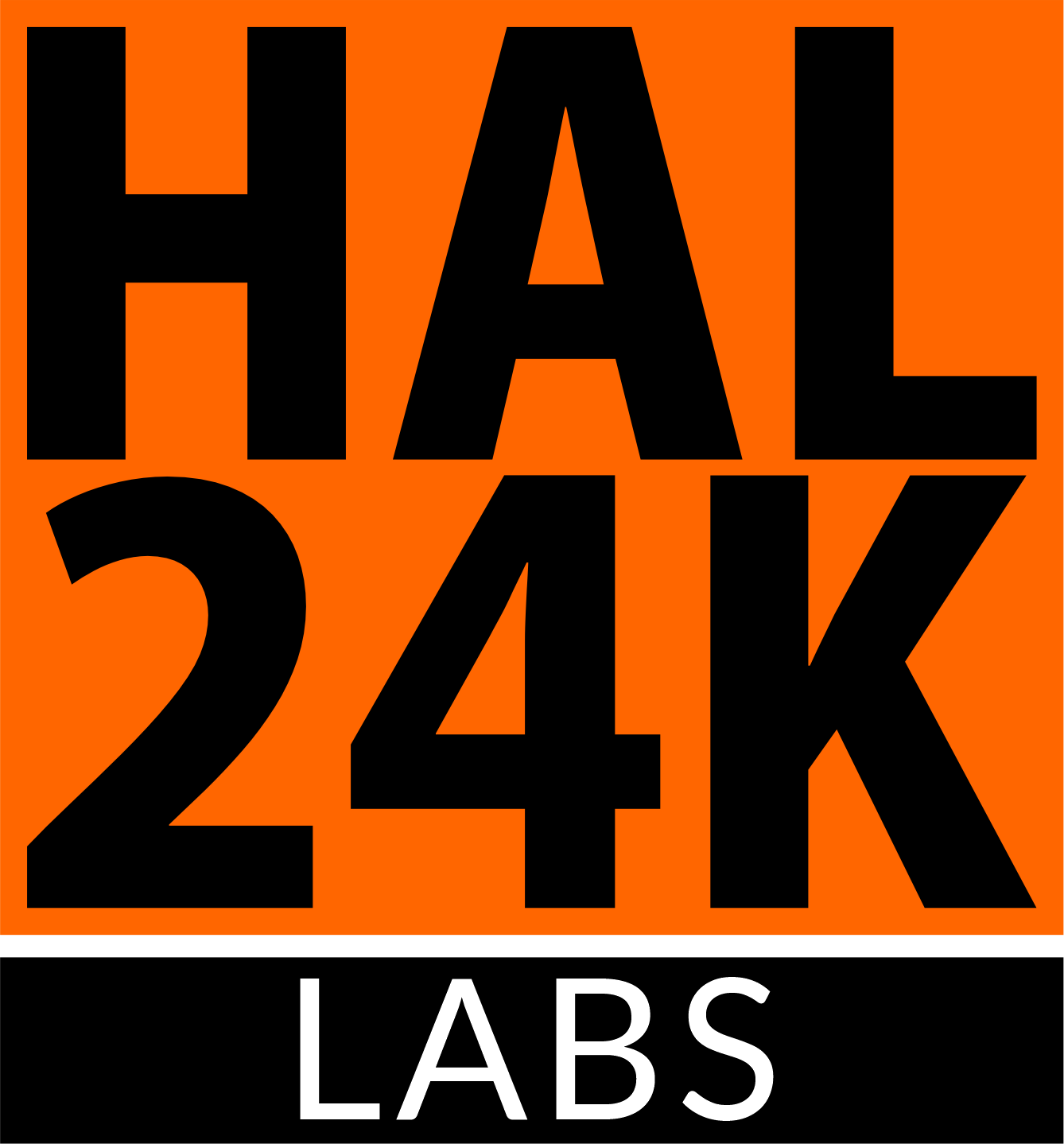Case study
The client
Rijkswaterstaat, the Dutch agency of the Ministry of Infrastructure and the Environment, has responsibility for management and maintenance of the main water systems and waterways in the Netherlands.
The challenge
Rijkswaterstaat and several regional public water authorities set the challenge for innovators working in smart water management. Companies were asked to develop a method to extract as much social, ecological or economic efficiency from a cubic meter of water. The data was derived from the catchment and drainage area of the North Sea Canal and Amsterdam-Rhine Canal.
The HAL24K approach
Taking historical data from surface water levels, pump capacity, precipitation data and target levels, working alongside domain partner Tauw, HAL24K built AI and ML models.
The solution won the challenge, as it was able to demonstrate how to ensure optimal water distribution and energy consumption.
The operational advantage
Accurate predictions of water levels enable water authorities to be more effective in taking measures, decreasing risk and optimizing energy consumption for their management areas.
The future
The solution has demonstrated the potential of machine learning solutions to support optimal water management in various climate conditions and across management areas.
It will enable true data-driven decision making by administrators and policy makers.
“The results show the enormous potential of machine learning and artificial intelligence. They provide an excellent basis for many applications within water management. This enables us to better support decision making by administrators and policy makers.”
Click here for more information

